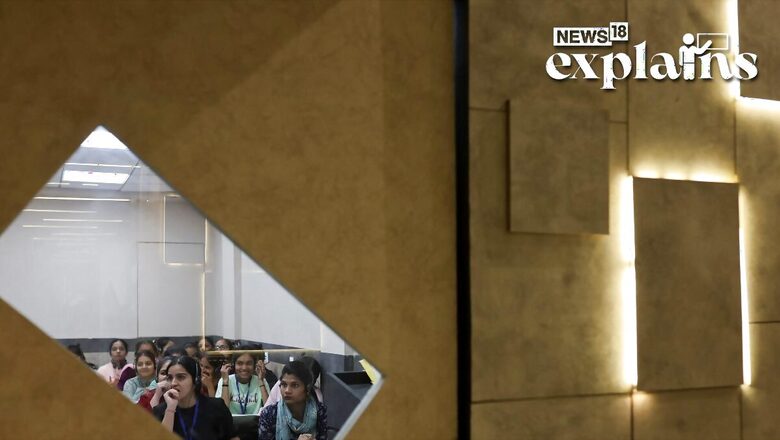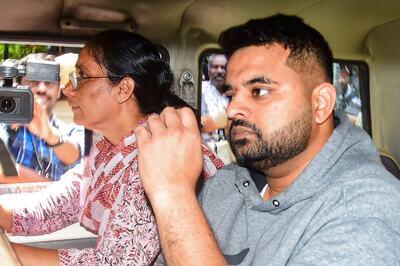
views
A group of students are facing deportation from Canada because their study permits were purportedly based on forged papers provided by an agent in India. The students, however, claim they were victims of fraud and are protesting against the action.
According to reports, over 700 Indians in Canada face deportation after their college entrance offer letters, on which they entered the country on a study visa three to four years ago, were discovered to be false.
Brijesh Mishra, their agent who secured their admittance to other universities after they arrived in Canada, reportedly falsified the offer letters, said a report by Indian Express. The pupils then completed their courses and found employment. The deception was discovered only after they filed for permanent residency, and the bogus letters were reported by the Canadian Border Security Agency.
How Did the Racket Operate?
As per an Indian Express report, many students engage an agency or advisory firm while applying for a study visa after Class 12. They give the agency their educational credentials, IELTS certificate, and financial paperwork. Based on this, the consultant creates a dossier in which the students indicate their preferences for educational institutes and courses. The consultant also provides recommendations for colleges and courses. The majority of students favour government-run colleges and a few prestigious private institutions. The adviser then applies on the pupils’ behalf to the desired colleges.
Following receiving an offer letter from the institution, the student must deposit a fee, which he or she pays to the agent, who then pays the college, and the student receives a letter of acceptance (LoA) and fee deposited receipt from the college. In addition, students must obtain a Guaranteed Investment Certificate (GIC), which covers the cost of living and a one-year advance payment, the report says. Students’ visas are submitted for online based on these documents, and they must then attend for biometrics before their visa is granted or rejected by the embassy.
Who is at Fault?
The students arrived in Canada between 2017 and 2019, and in some cases as late as 2020. They began receiving letters from the Canada Border Services Agency (CBSA) in 2021 and were summoned to a hearing last year after the agency determined that the letter of offer of admission to a Canadian higher education school, which served as the foundation for their study permits, was “false.”
Brijesh Mishra of the Jalandhar-based consultancy agency EMSA Education and Migration Services Australia represented the bulk of the impacted pupils, reported the Hindustan Times. One of the students, Inder Singh, 27, of Brampton and originally from Amritsar, told the publication that he was charged approximately 14 lakh for the process of obtaining a visa to study in Canada.
It is also important to note that the letters also evaded the scrutiny of Canadian Embassy officials. How did this happen? Indian Express in its report cited experts as saying that before granting a visa, Canadian Embassy officials must thoroughly review all connected paperwork, including college offer letters.
Mishra must have been aware that offer letters from respected universities are rarely scrutinised, an educational adviser who has been sending students to Canada for more than a decade told the Indian Express. However, the adviser also expressed surprise and how such a large number of offer letters from a ‘certain college were ignored at the embassy level.’
What Will Happen Now?
The Friends of Canada & India Foundation, located in Canada, has come out in favour of the more than 700 Indian students facing deportation, reports said. On March 16, the foundation wrote to Sean Fraser, Minister of Immigration, Refugees, and Citizenship in Ottawa, Canada, demanding an immediate halt to the deportation proceedings.
As per Hindustan Times, at least 70 students facing the deportation have banded together in an online forum to address their issue collectively, as they face an exclusion order from the Canada Border Services Agency (CBSA) that could result in their deportation from the country as well as a five-year ban from returning. The students staged a tiny demonstration in February in Brampton, in the Greater Toronto Area (GTA), but their problem gained prominence once it was reported by the news outlet India Narrative.
Read all the Latest Explainers here




















Comments
0 comment